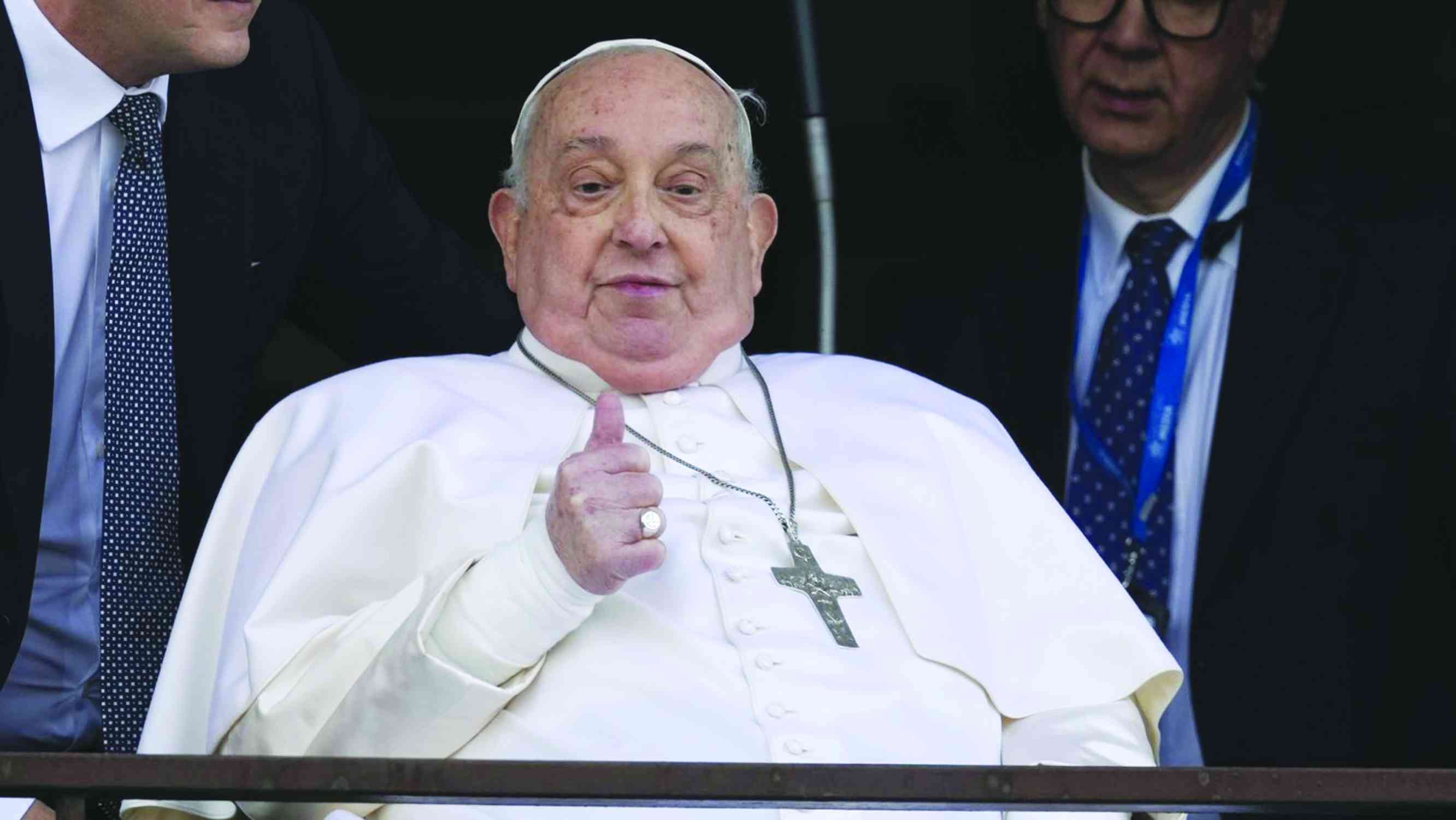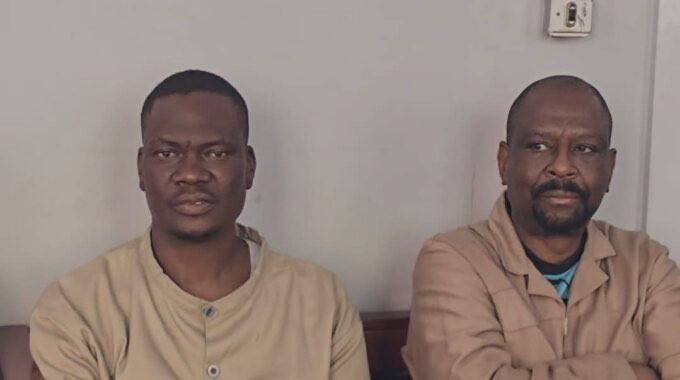
Not being a believer myself, I take only a limited interest in the doings of priests, imams and rabbis, but I did stumble into a situation involving the late Pope Francis at a crucial point in his early career.
This is probably the last time that the story will be of interest, so I might as well tell it now.
It was 1977, I was brand new to the trade of freelance journalism, and I had just sold a radio series that would focus on reformers, radicals and troublemakers in the Catholic Church.
I made a deal with the Jesuit mother-house in Rome to use Jesuit contacts around the world as my way in (they were dabbling in “liberation theology” at the time, so out of favour in the Vatican), and in due course I found myself in Buenos Aires.
The head Jesuit there was Fr. Jorge Bergoglio (much later Pope Francis), whom I did not meet. I stayed with two younger Jesuits who were working in one of the city’s poorest barrios and were definitely of the liberation theology persuasion.
It was the earliest and worst days of Argentina’s military dictatorship and everybody was scared.
Military teams cruised through the streets in their trademark Ford Falcons, seizing people on their list for torture and subsequent murder, and my hosts were convinced that they were on one of those lists.
They stayed at their posts, working with their poverty-stricken congregation, but they were sure the soldiers would soon come and take them. And they knew that the Church would not save them, because Bergoglio had handed two other left-wing Jesuits over to the military death squads just months before. Or at least that was what they believed.
- Hebrew scriptures: Who killed Jesus?
- Hebrew scriptures: Who killed Jesus?
- Priests abducted as church burnt in Cameroon
- World View: War: We are not children
Keep Reading
All the other young Jesuit priests I met believed it too, even though Bergoglio was the “provincial” (chief Jesuit) in Argentina.
Several of them had seen him meeting senior military officers in his offices, but they didn’t know what was said. He moved in the same social circles as military officers at that time, but that doesn’t necessarily mean he gave up his priests to the regime.
In due course, Bergoglio became a pope, and there will never be a definitive answer to the question: did he or didn’t he? If there ever were any documents, they will have been destroyed long ago by the military, the Church, or both. But why, knowing that there was this problematic element in his past, did the Church make him pope?
With at least a hundred-plus cardinals young enough to vote (the over-80s can’t), surely they could have found somebody with a little less baggage.
In fact, even if they rightly thought that it was long past time for the first Latin American pope, why on Earth choose Argentina?
The Argentine Catholic Church’s behaviour during the time of the generals was so craven, so shameful that it made a public apology in 2000 for its failure to make a stand.
“We want to confess before God everything we have done badly,” Argentina’s Episcopal Conference said. So, why not a pope from Brazil, or Colombia, or even Cuba, where the Church is under siege?
Perhaps because there are never really all that many “papabile” (men who are plausible contenders for the papacy). There is a short-list of ten at most who represent (or more accurately, seem to embody) the divergent strands of conservatism and liberalism in matters both secular and doctrinal.
What happens in a papal conclave remains secret, but the struggle to choose the “right” next pope is usually hard-fought and its outcome is significant for the Church’s future, possibly over a period of decades.
Maybe Pope Francis just the least unacceptable compromise, and the cardinals decided that the future was more important than the past.
Anyway, he is gone now, and we have a last chance to question the choices made by that previous incarnation of Francis when he was fifty years younger.
The likeliest explanation for Bergoglio’s conduct, if it was less than perfect, is that he saved people when he could, but let others go because the military were determined to have them. He made deals, in other words.
That is the calculation that most people with responsibility for the lives of others tend to make in evil times. Rodolfo Yorio, brother of one of the Jesuits who was kidnapped and tortured, summed it up this way:
“I know people whom he (Bergoglio/Francis) helped. That shows his two faces and his closeness to the military authorities. His way of managing ambiguity is masterly. If they were killed he was rid of them, if they were saved he was the one who had saved them. That’s why there are people who consider him a saint and others who are terrified of him.”
Well, no longer.
- Dyer is a London-based independent journalist. His new book is titled Intervention Earth: Life-Saving Ideas from the World’s Climate Engineers. His previous book, The Shortest History of War, is also still available.











